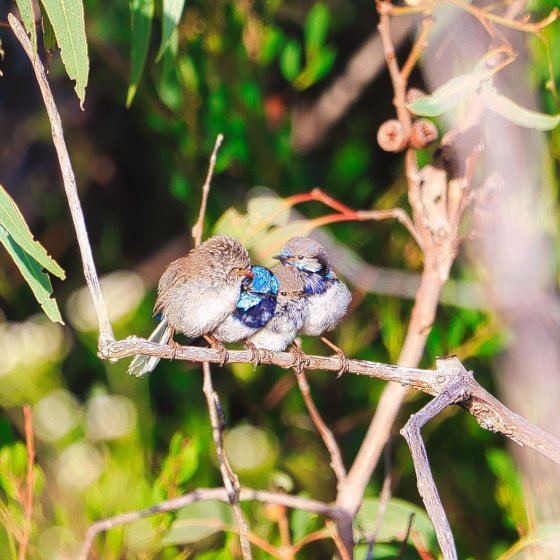- Home
- Recommendations & Issues
- Recommendations
- Biodiversity Protection
Biodiversity Protection
An expert paper was commissioned to assess the challenges facing South Australia’s biodiversity under a changing climate and identify actions required to secure a positive future. This complements the outcomes of the 2018 SOER independent expert analysis on biodiversity, which are still considered to be relevant. The paper stated that there is broad consensus that climate change could be the greatest threat to biodiversity by 2050 and that we need to identify strategies to enhance the resilience of remaining biodiversity and carry out well‑targeted restoration, in the context of a rapidly changing climate and against a backdrop of past and existing human-created pressures.
Current reporting on the state of the environment is heavily constrained by a lack of data, and government does not have the resources to collect this on its own. It must build on existing endeavours, partner with others (for example, citizen scientists), be a part of nationally funded programs, capture advances in technology and invest in research most likely to inform and engage people to change policy and management, using ‘Value of Information’ analysis.
Biodiversity planning, research and enabling efforts need to be prioritised towards threats to biodiversity and constraints to biodiversity recovery that are climate-change dependent. A climate adaptation approach needs to be adopted to underpin on-ground conservation investments, targeting localities and program types that will be resilient and effective in a changing climate.
Responses should learn from others, use partnerships, be informed and coordinated by an independent expert advisory group and have First Nations involvement as an essential part of every opportunity.
On a positive note, most actions to address biodiversity decline also reduce greenhouse gas emissions and, conversely, nature-based solutions to address climate change (such as habitat restoration, blue carbon and climate-friendly agriculture) will also benefit biodiversity. Therefore, win-win outcomes can be achieved.

The South Australian Government ensures that all conservation policies, strategies and programs, particularly habitat restoration and rewilding, consider the impacts of climate change, and incorporate climate adaptation into their design.
